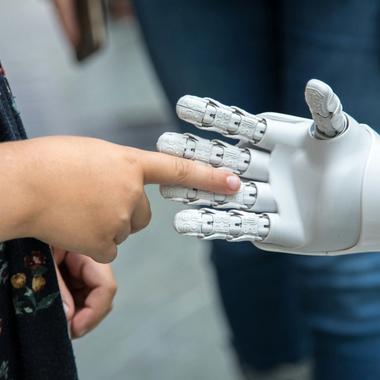AI isn’t here to take over; it’s here to help.
But if your only experience with AI is asking ChatGPT to rewrite your CV or help plan a weekend away, it’s easy to assume that’s all it does. And we get it, AI has been hyped and dramatised in a way that few technologies ever have. It’s either the ultimate productivity tool, the next phase of human evolution, or an existential threat to all civilisation, depending on who you ask.
The truth is, AI is far less scary, far more helpful, and genuinely exciting once you understand how it works (and how it doesn’t). It’s already part of your everyday life. And no, it’s not coming for your job.
At The Distance, we’re an app development agency that’s been integrating AI into products for a while. Not because it’s trendy. But because, when used right, it genuinely makes apps smarter, faster, and more helpful for real users.
Let’s take a deep breath, ignore the headlines, and break down the most common AI myths in plain English.





